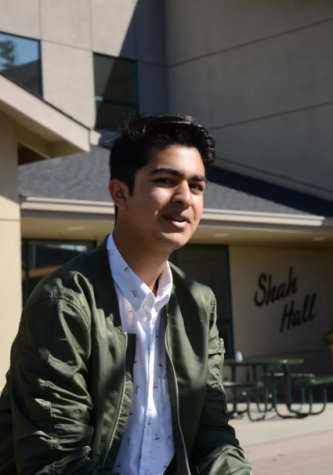Humans of Harker: Rahul Shukla coaches youth basketball
“Coaching has taught me a lot of leadership skills because it’s pretty hard to organize kids who really don’t know you. I’ve also had to interact with parents, and that can also be challenging. Sometimes you have to take that criticism and use that to adapt, and other times you just have to tell them that you’re the coach so you have to stand up to them,” Rahul Shukla (12) said.
February 5, 2017
Senior Rahul Shukla has been coaching elementary school kids at his local YMCA since the start of high school. In order to juggle the workload of high school alongside his love of basketball and service, he decided to take up this volunteer opportunity.
“In middle school, I played basketball for Harker, but because of other extracurricular activities, I knew that I couldn’t do basketball in high school,” Rahul said. “I wanted to still continue being involved in basketball other than just playing pickup games, so I found this opportunity at the place where I go to workout and I just started doing that.”
In their weekly practices, Rahul trains a group of boys that vary in age and experience to build a cohesive team that competes in a youth league.
“Coaching has taught me a lot of leadership skills because it’s pretty hard to organize kids who really don’t know you, and these are like second graders so they’re pretty immature,” Rahul said. “I’ve also had to interact with parents, and that can also be challenging because sometimes the parents can be super overbearing, and they’ll give you a lot of criticism. Sometimes you have to take that criticism and use that to adapt, and other times you just have to tell them that you’re the coach so you have to stand up to them.”
Rahul recalls a particular instance where he noticed a teammate being neglected, and he worked to make sure that kid felt included in the team dynamic.
“There was this one kid last year, his name was Derek, and it was his first time playing basketball,” Rahul said. “He didn’t go to the same school as anybody else, and he had trouble fitting in. So then, in our last game, the entire team except for Derek had scored, so in the last two minutes of the game I basically devised a play for him to get open and make it so that there would not be a defender on him and he would be super close to the basket so he could score. He did end up scoring, and it was a great feeling for me, the entire team, and him because this was the first time he had scored in the entire season, and it was the first time that everybody on the team had scored.”
Rahul hopes to continue participating in volunteer work in his community beyond high school and through his life.































![Setter Emma Lee (9) sets the ball to the middle during the match against Pinewood on Sept. 12. “[I’m looking forward to] getting more skilled, learning more about my position and also becoming better friends with all of my teammates, Emma said.](https://harkeraquila.com/wp-content/uploads/2023/09/DSC_4917-2-1200x795.jpg)








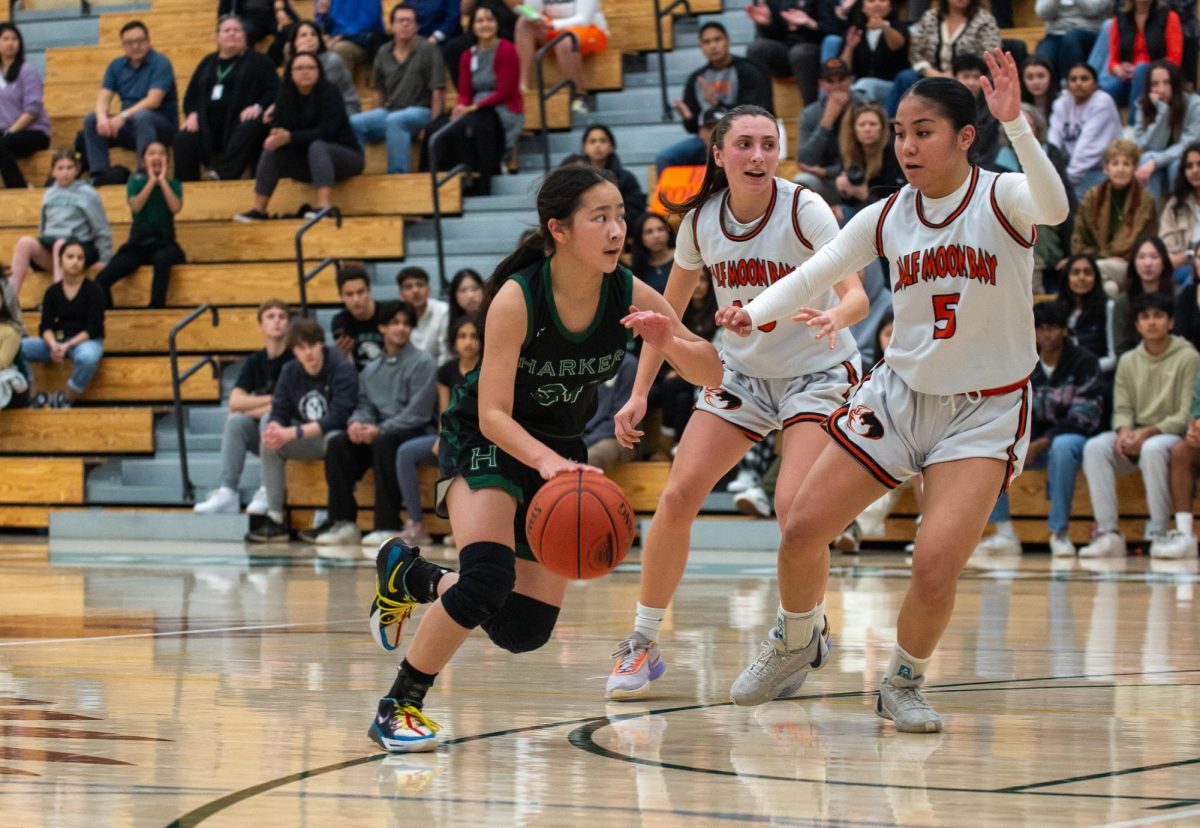























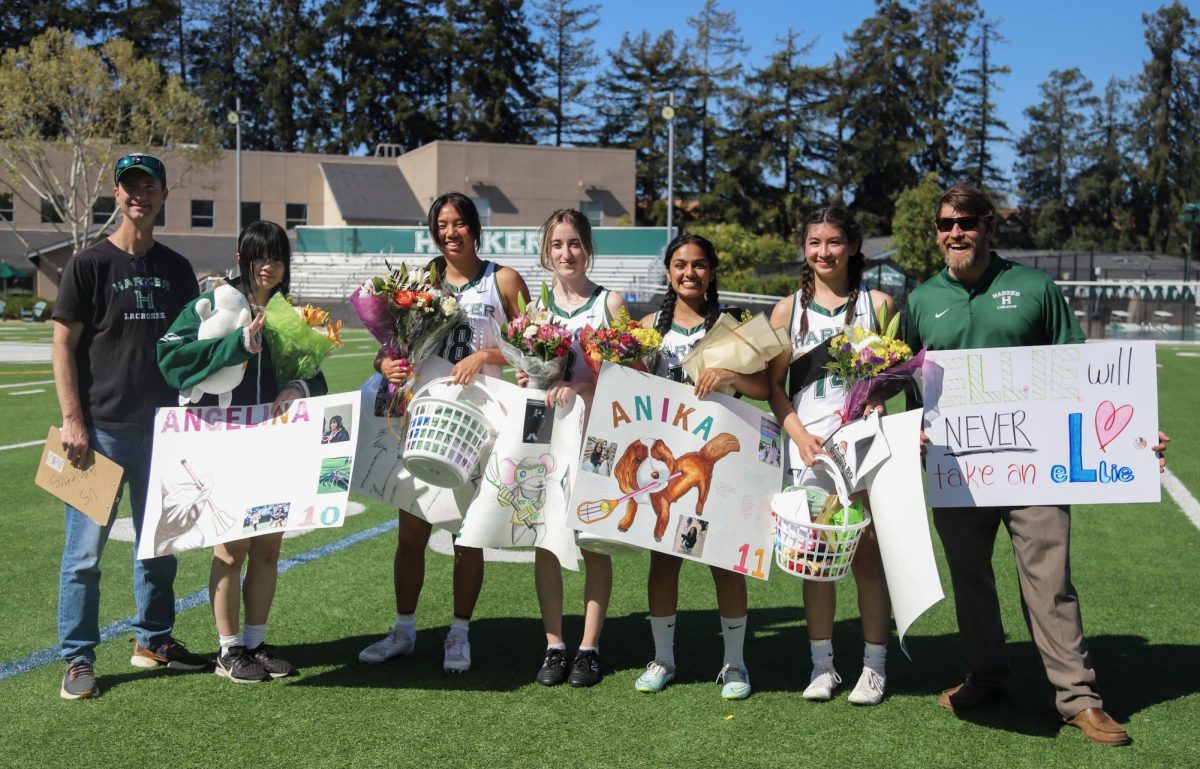
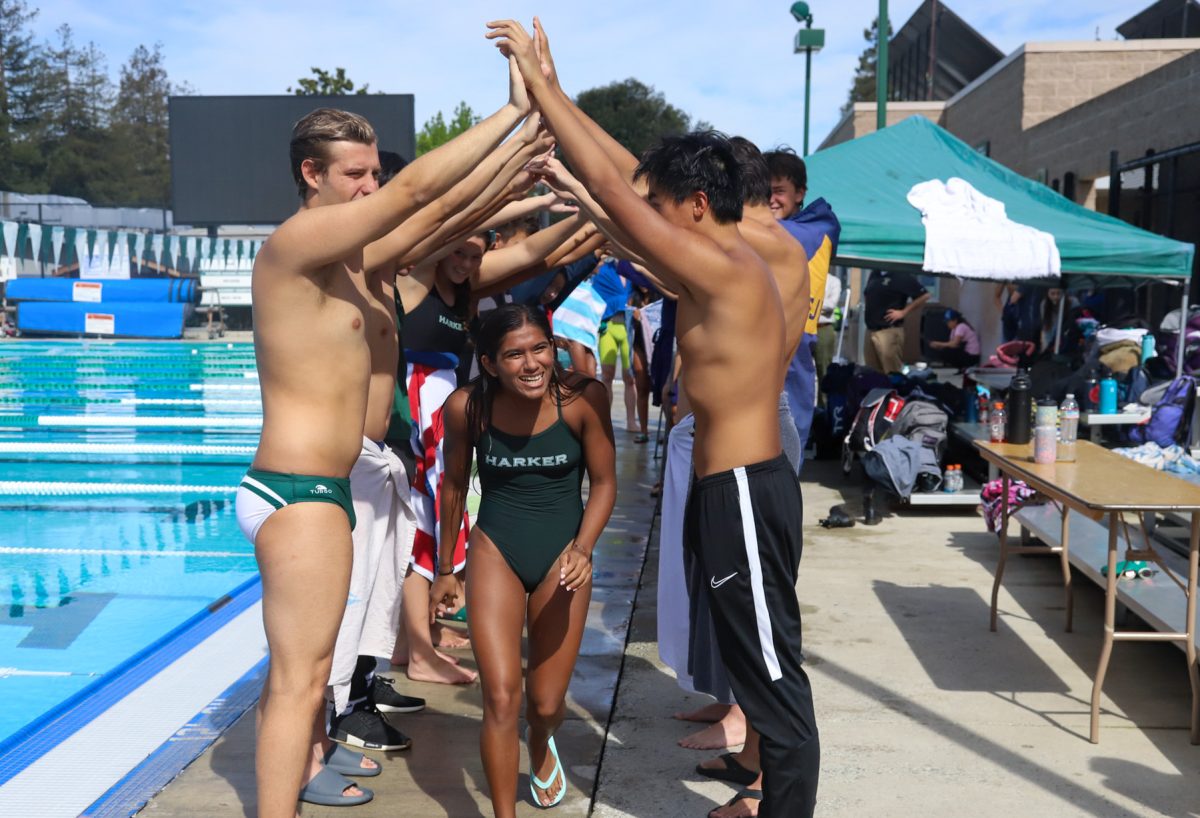
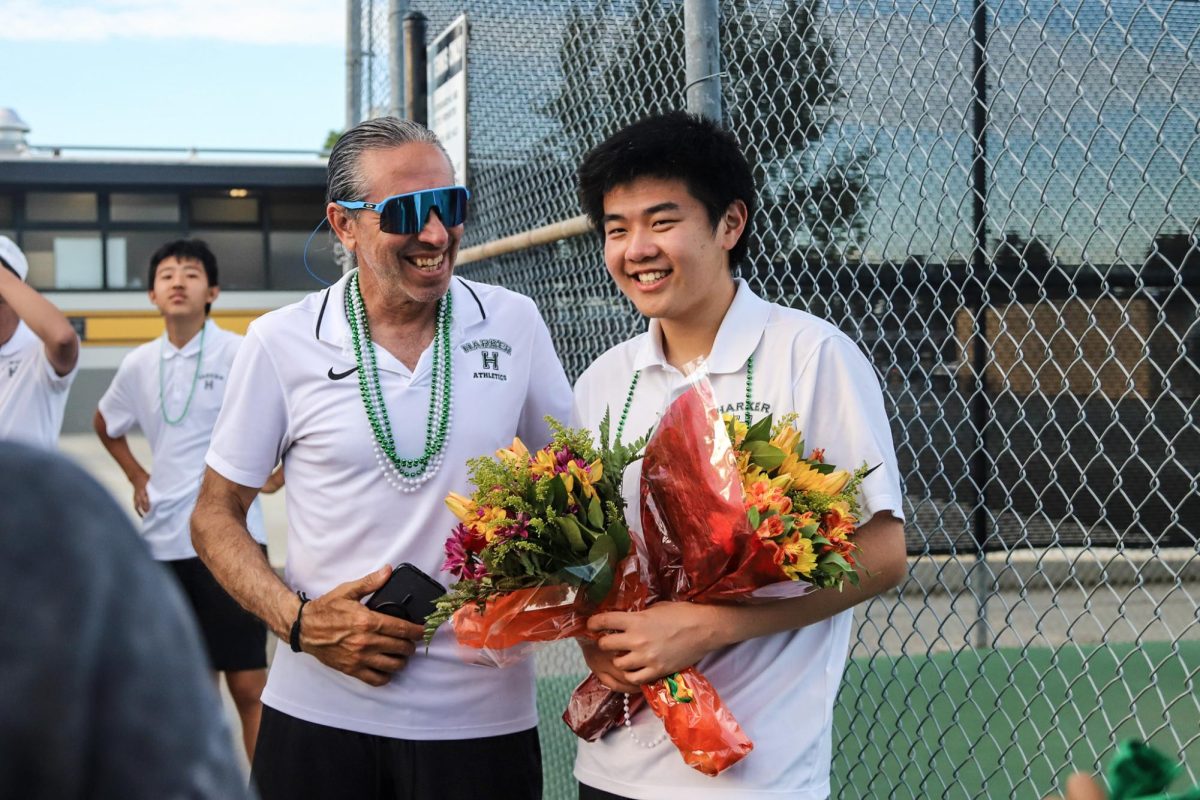
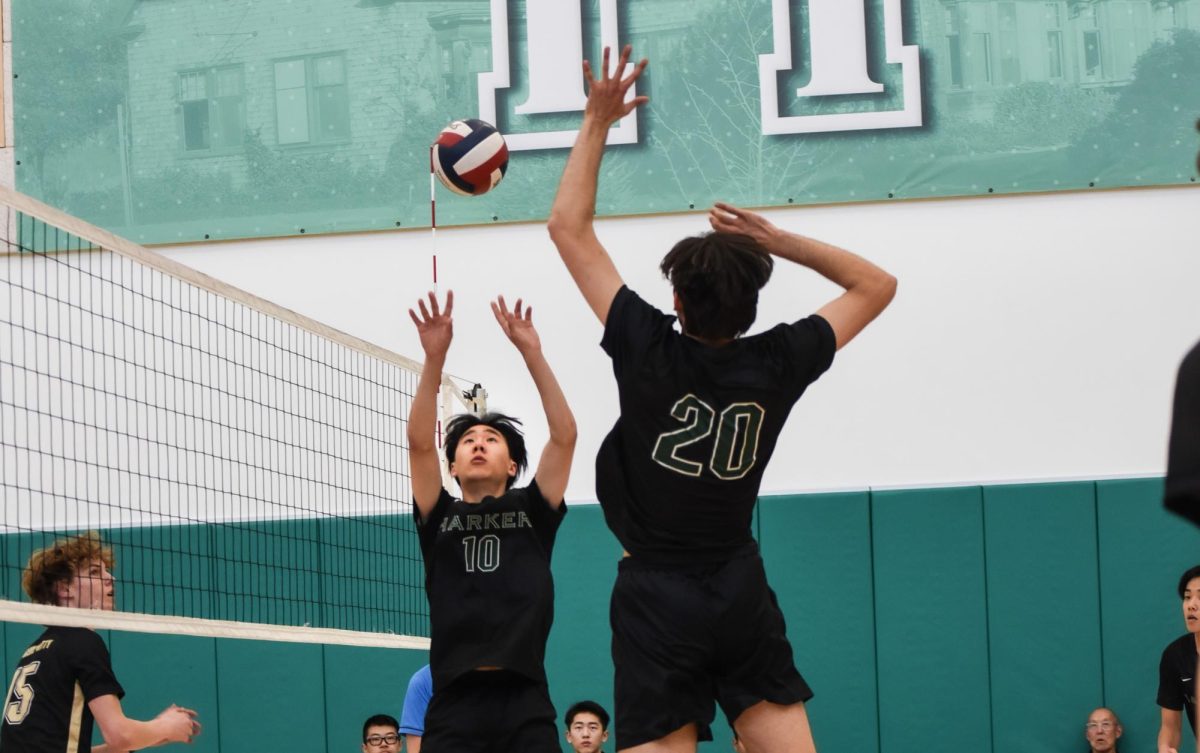
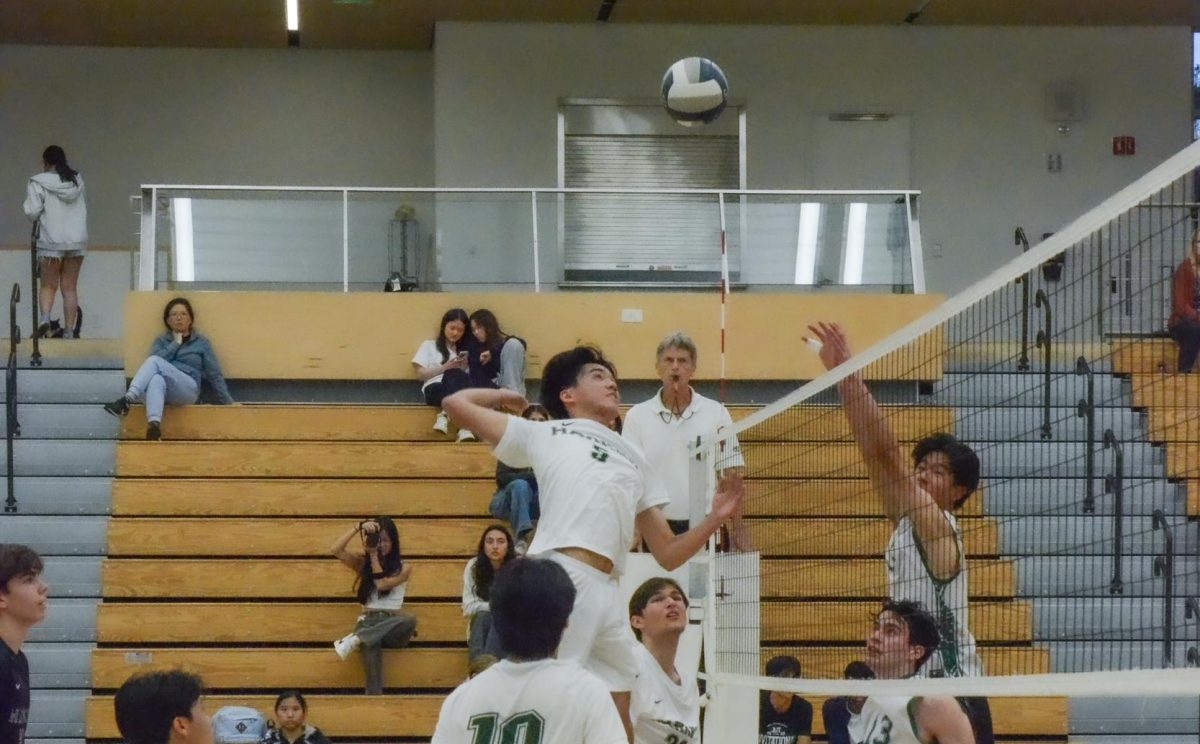
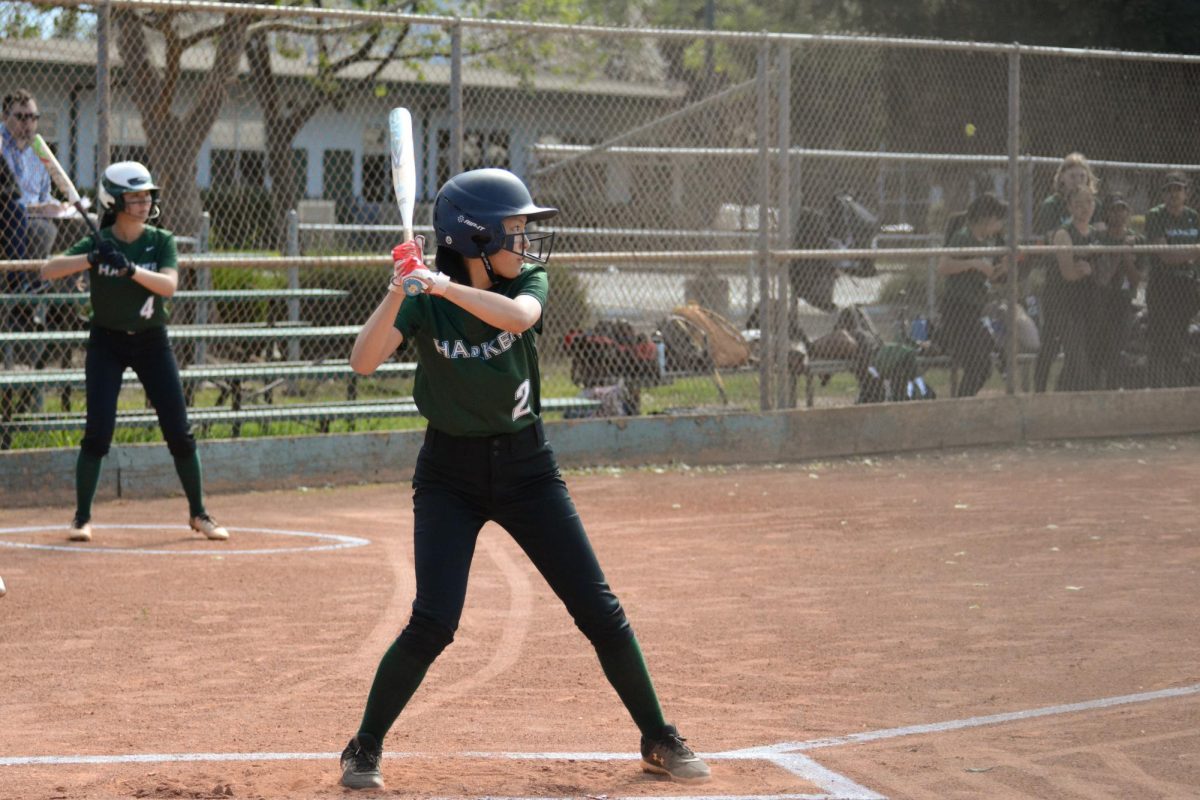



























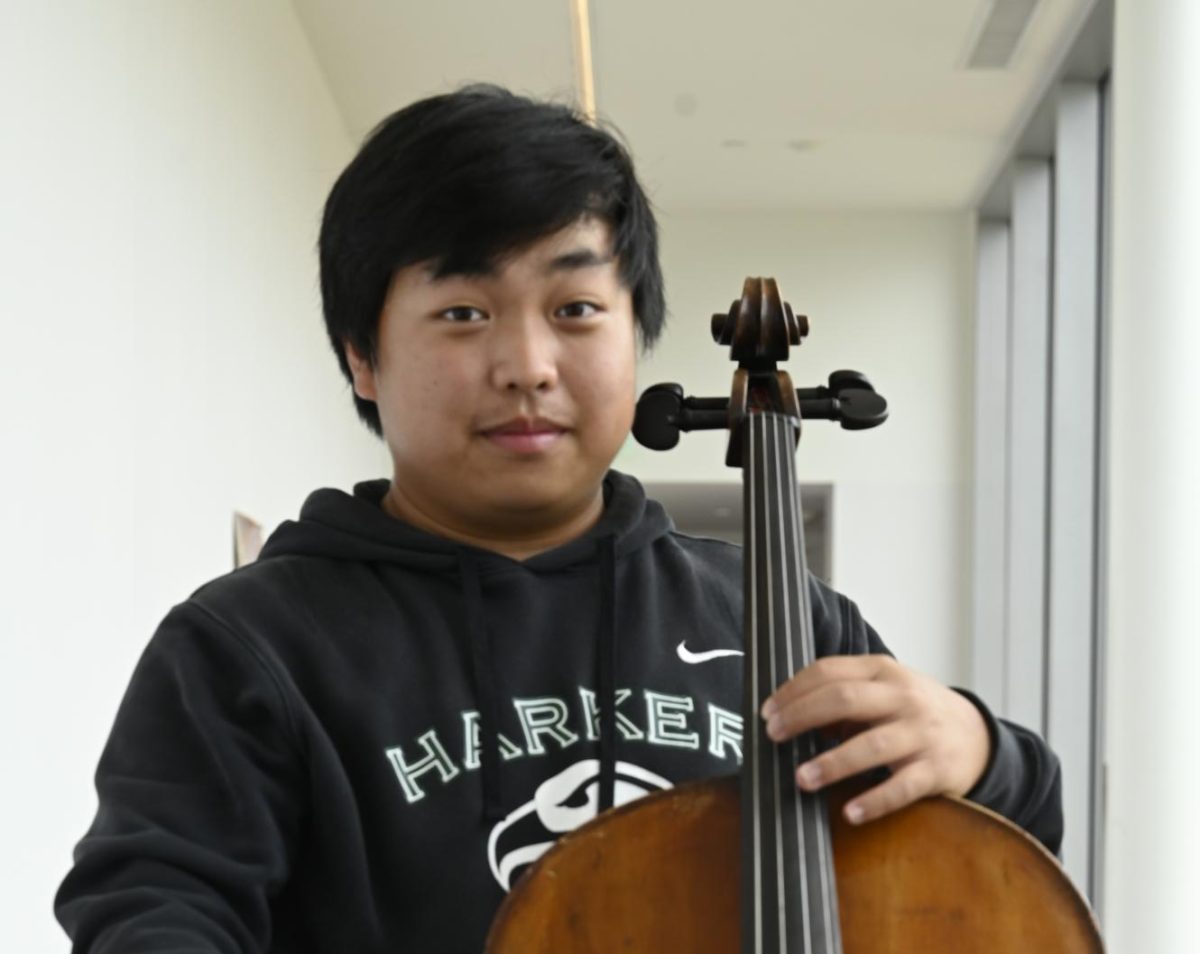
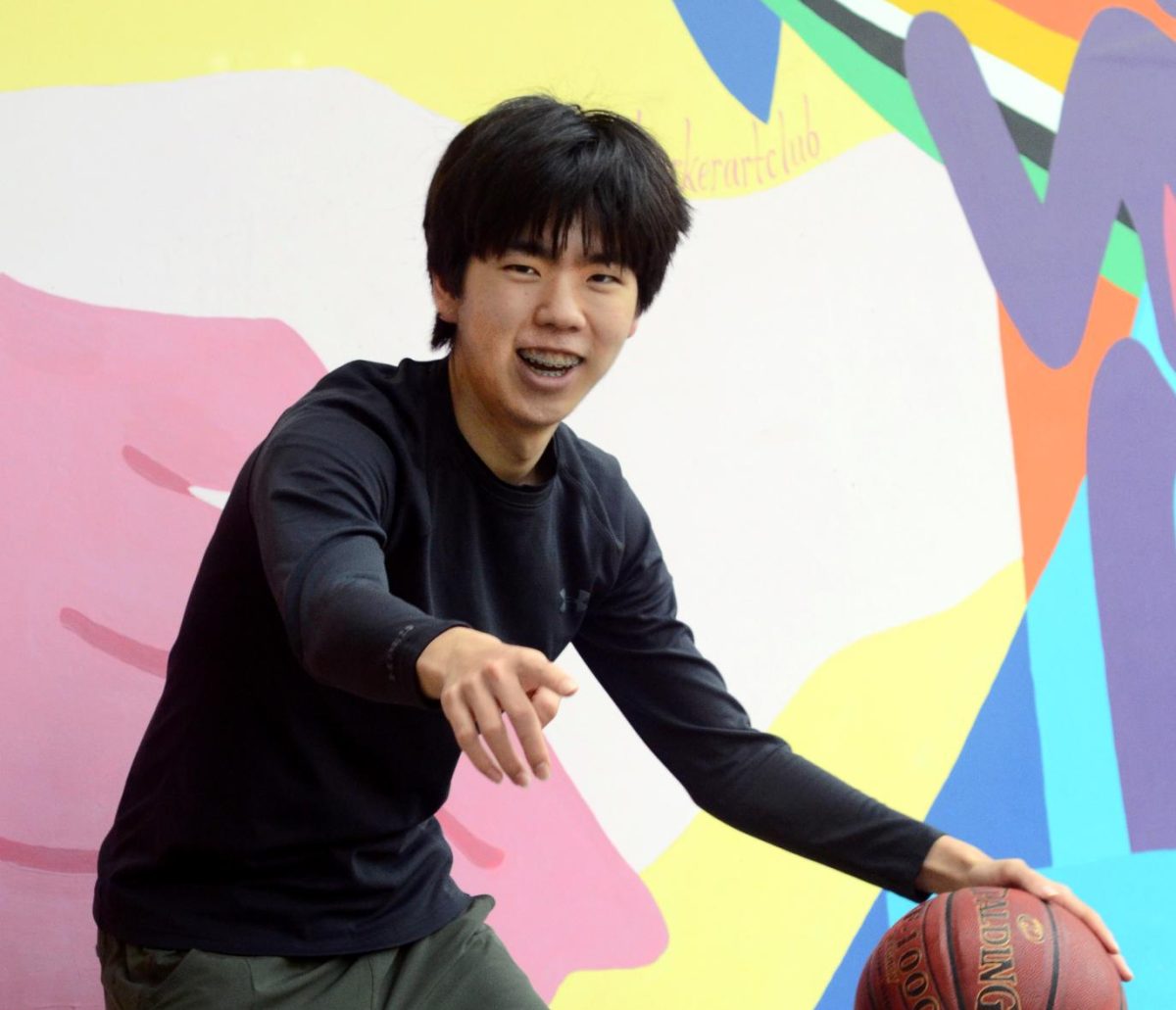
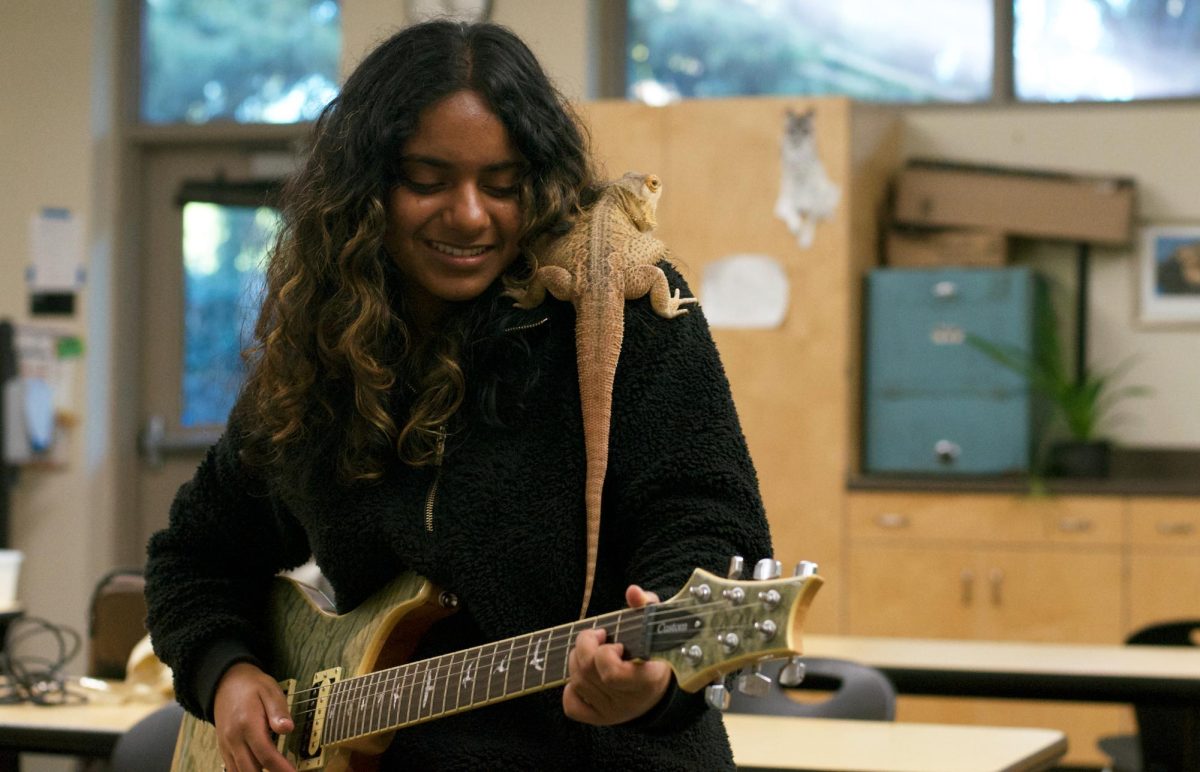
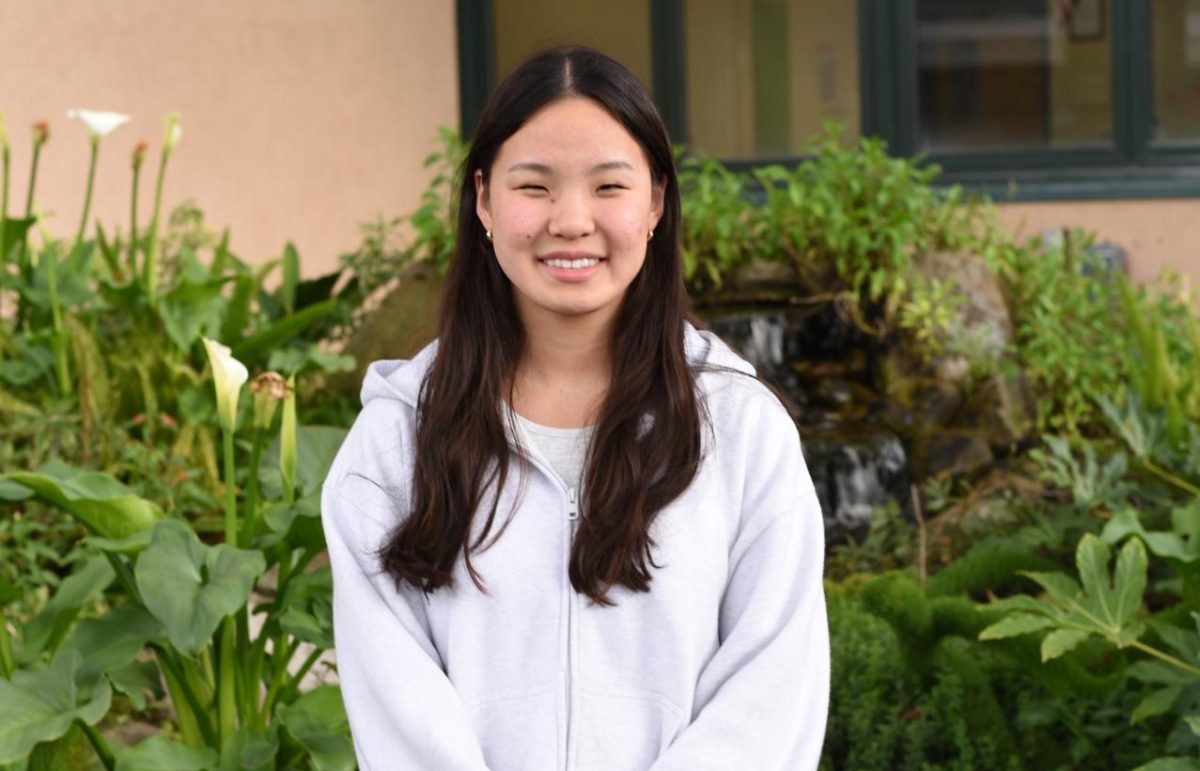
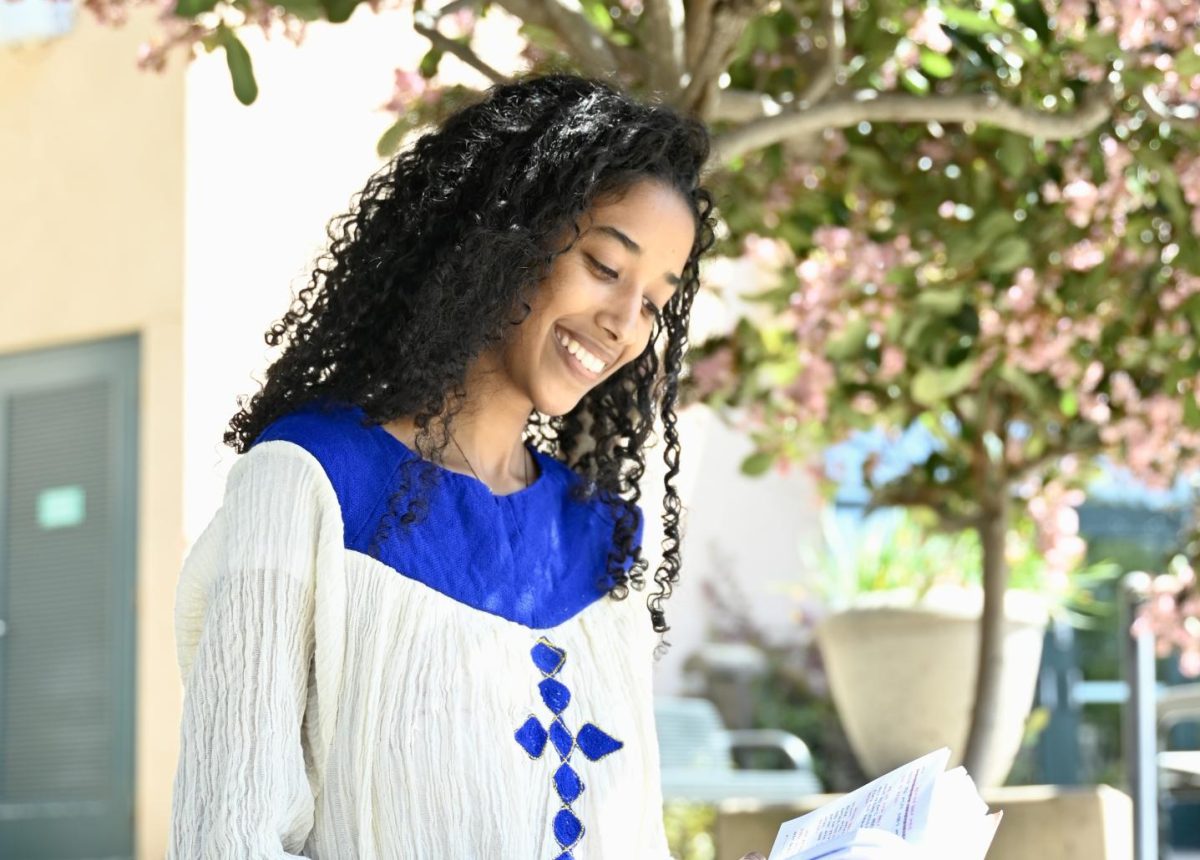
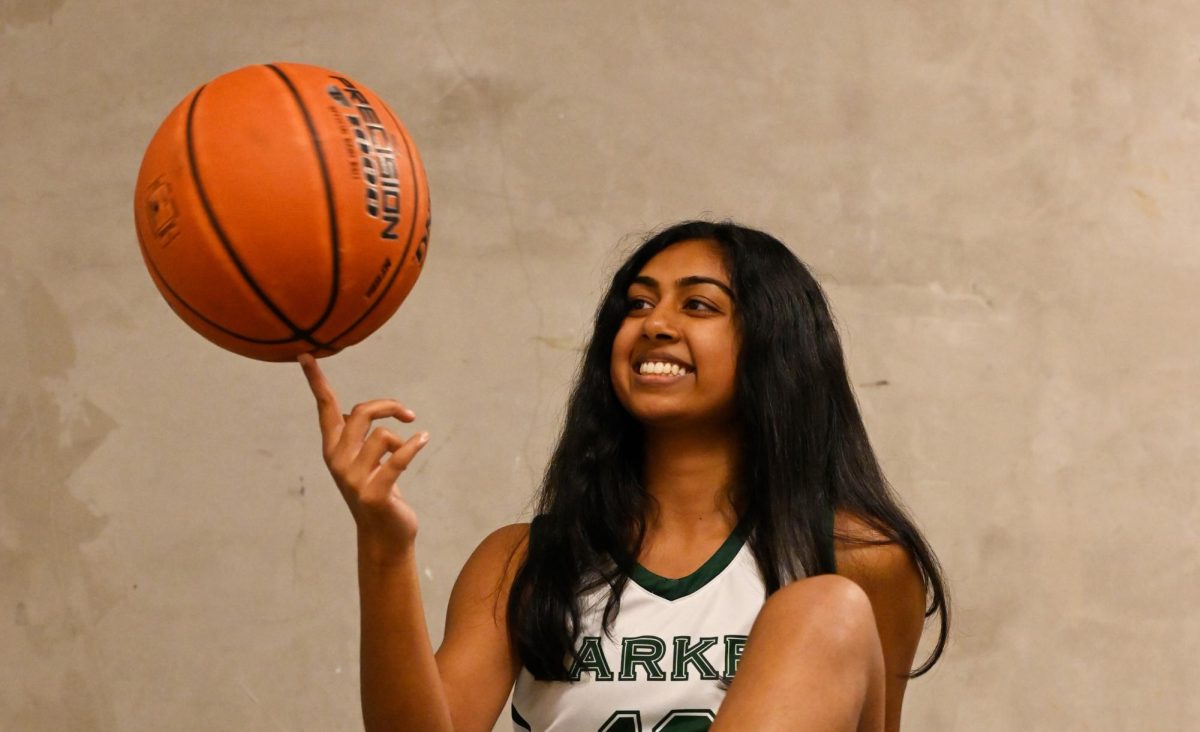








![“[Building nerf blasters] became this outlet of creativity for me that hasnt been matched by anything else. The process [of] making a build complete to your desire is such a painstakingly difficult process, but Ive had to learn from [the skills needed from] soldering to proper painting. Theres so many different options for everything, if you think about it, it exists. The best part is [that] if it doesnt exist, you can build it yourself, Ishaan Parate said.](https://harkeraquila.com/wp-content/uploads/2022/08/DSC_8149-900x604.jpg)


![“Animation just clicked in a way. I had been interested in art, but that felt different. [Animation] felt like it had something behind it, whereas previous things felt surface level. I wasnt making that crazy of things, but just the process of doing it was much more enjoyable, Carter Chadwick (22) said.](https://harkeraquila.com/wp-content/uploads/2022/08/Screen-Shot-2022-08-16-at-9.44.08-AM-900x598.png)


![“When I came into high school, I was ready to be a follower. But DECA was a game changer for me. It helped me overcome my fear of public speaking, and its played such a major role in who Ive become today. To be able to successfully lead a chapter of 150 students, an officer team and be one of the upperclassmen I once really admired is something Im [really] proud of,” Anvitha Tummala (21) said.](https://harkeraquila.com/wp-content/uploads/2021/07/Screen-Shot-2021-07-25-at-9.50.05-AM-900x594.png)



![“[Volleyball has] taught me how to fall correctly, and another thing it taught is that you don’t have to be the best at something to be good at it. If you just hit the ball in a smart way, then it still scores points and you’re good at it. You could be a background player and still make a much bigger impact on the team than you would think,” Anya Gert (’20) said.](https://harkeraquila.com/wp-content/uploads/2020/06/AnnaGert_JinTuan_HoHPhotoEdited-600x900.jpeg)

![“Im not nearly there yet, but [my confidence has] definitely been getting better since I was pretty shy and timid coming into Harker my freshman year. I know that theres a lot of people that are really confident in what they do, and I really admire them. Everyones so driven and that has really pushed me to kind of try to find my own place in high school and be more confident,” Alyssa Huang (’20) said.](https://harkeraquila.com/wp-content/uploads/2020/06/AlyssaHuang_EmilyChen_HoHPhoto-900x749.jpeg)













![“My slogan is ‘slow feet, don’t eat, and I’m hungry.’ You need to run fast to get where you are–you arent going to get those championships if you arent fast,” Angel Cervantes (12) said. “I want to do well in school on my tests and in track and win championships for my team. I live by that, [and] I can do that anywhere: in the classroom or on the field.”](https://harkeraquila.com/wp-content/uploads/2018/06/DSC5146-900x601.jpg)

![“I think getting up in the morning and having a sense of purpose [is exciting]. I think without a certain amount of drive, life is kind of obsolete and mundane, and I think having that every single day is what makes each day unique and kind of makes life exciting,” Neymika Jain (12) said.](https://harkeraquila.com/wp-content/uploads/2017/06/Screen-Shot-2017-06-03-at-4.54.16-PM.png)





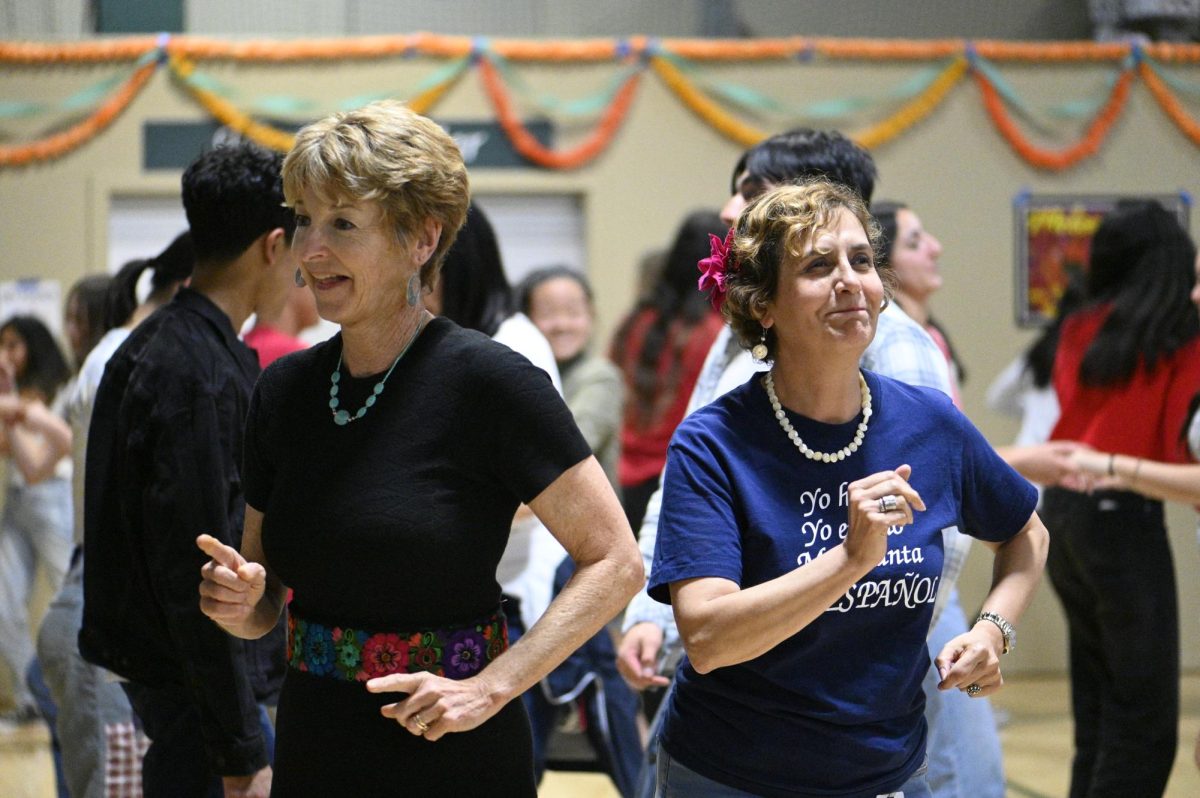
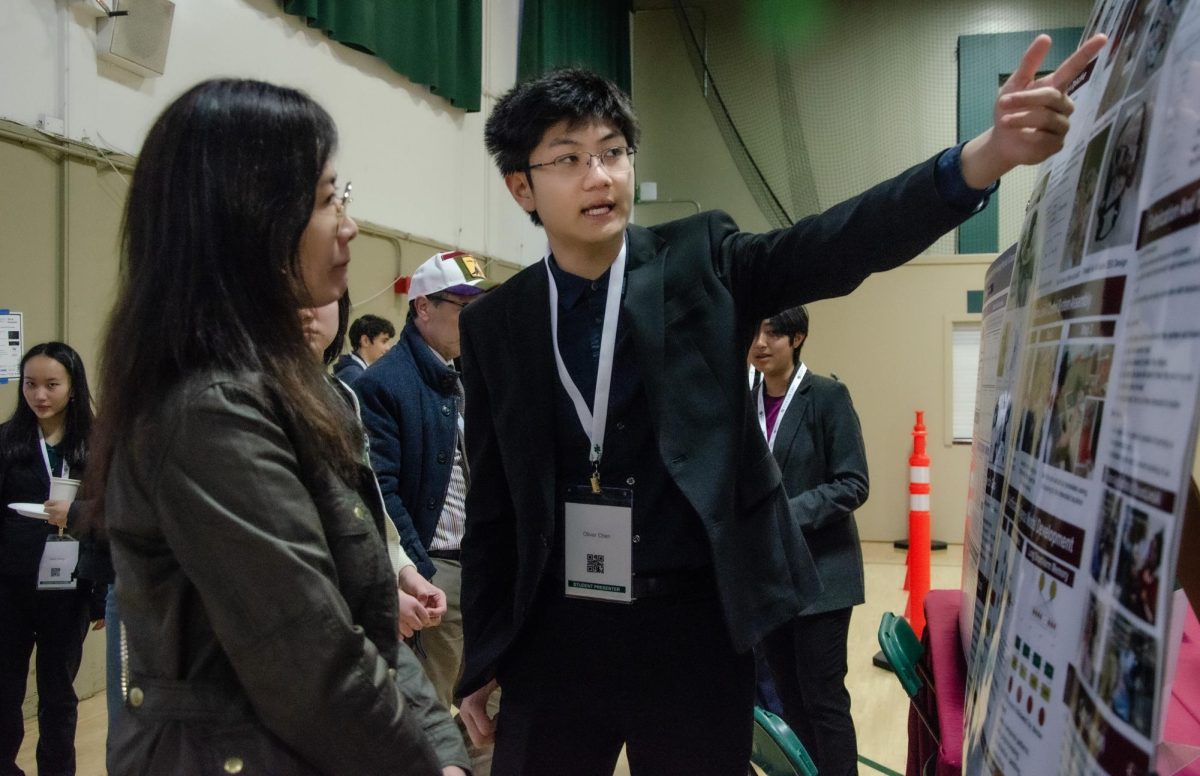
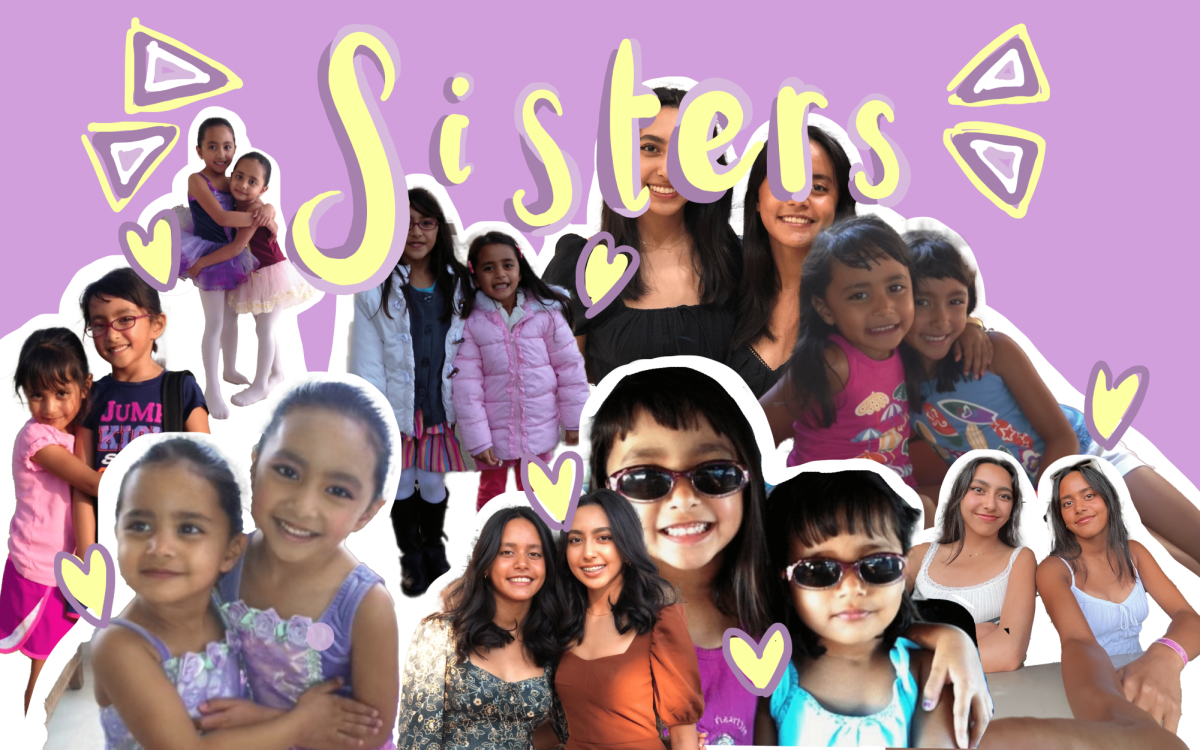

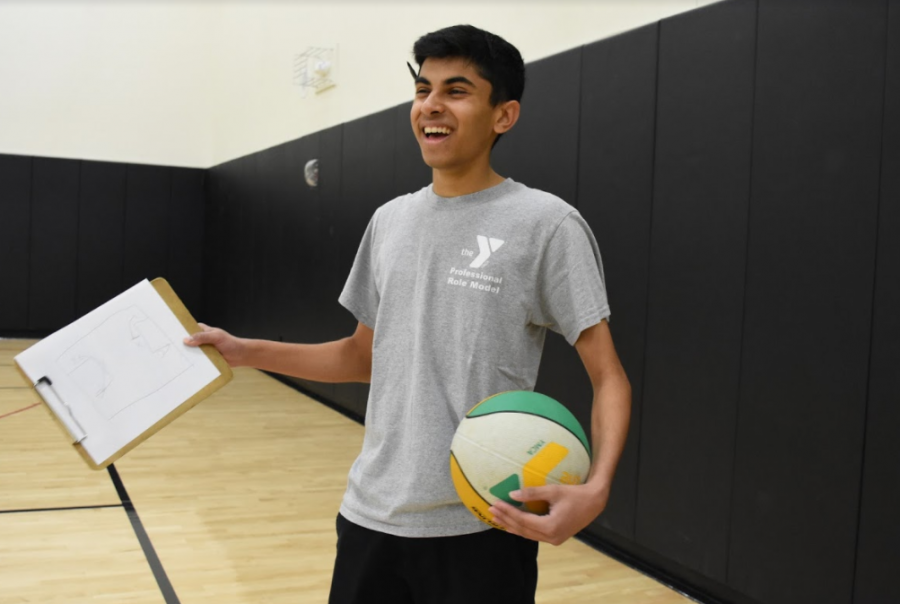
![“I think getting up in the morning and having a sense of purpose [is exciting]. I think without a certain amount of drive, life is kind of obsolete and mundane, and I think having that every single day is what makes each day unique and kind of makes life exciting,” Neymika Jain (12) said.](https://harkeraquila.com/wp-content/uploads/2017/06/Screen-Shot-2017-06-03-at-4.54.16-PM-325x475.png)
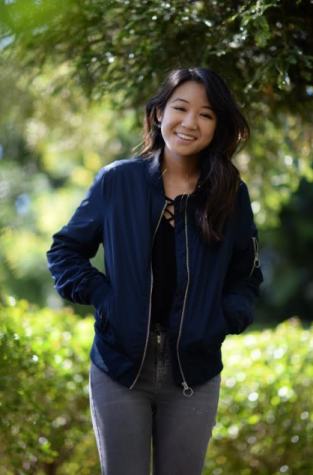
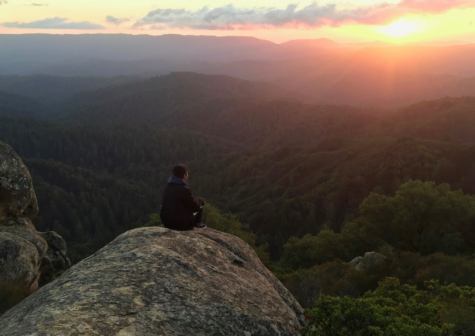

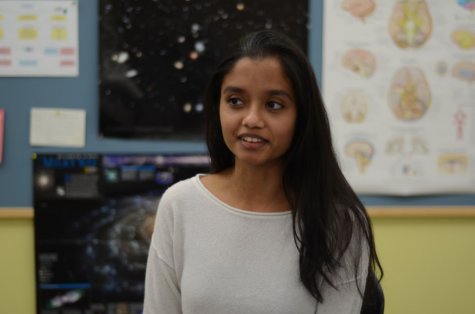
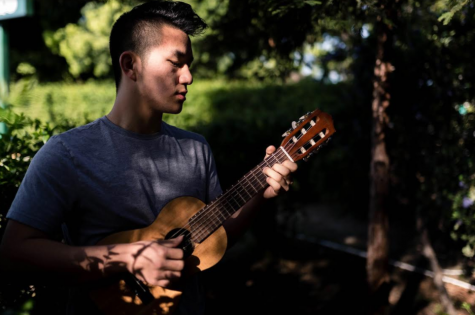
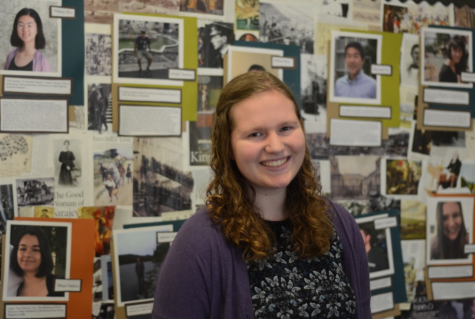
![“[Photography] opened my eyes to things that don’t exist except for in that one-second exposure that your eyes can’t capture, writing can’t capture and even video can’t capture. I think it’s an obsession with the world. I’d look outside, and think, ‘These colors are beautiful,’ even though I really like working in black and white. It’s this overall obsession but the way I learn about myself. The camera, when it’s in my hand, teaches me about who I am, and the things that I don’t really know. It’s really taught me how to love, not just the people I’m with, but the overall world, Alex Mo (12) said.](https://harkeraquila.com/wp-content/uploads/2017/05/Screen-Shot-2017-05-24-at-6.16.20-PM-475x311.png)
![“[I care about] diversity of opinion. Some people think you have to care about one thing only, and you cant care about other things, but I just like Harker because everyone has different perspectives and different ideas. If everyone cared about for example saving the environment or being really good at one sport, then the world wouldnt function, Colt McNealy (12) said.](https://harkeraquila.com/wp-content/uploads/2017/05/Screen-Shot-2017-05-13-at-8.55.53-AM-475x317.png)
